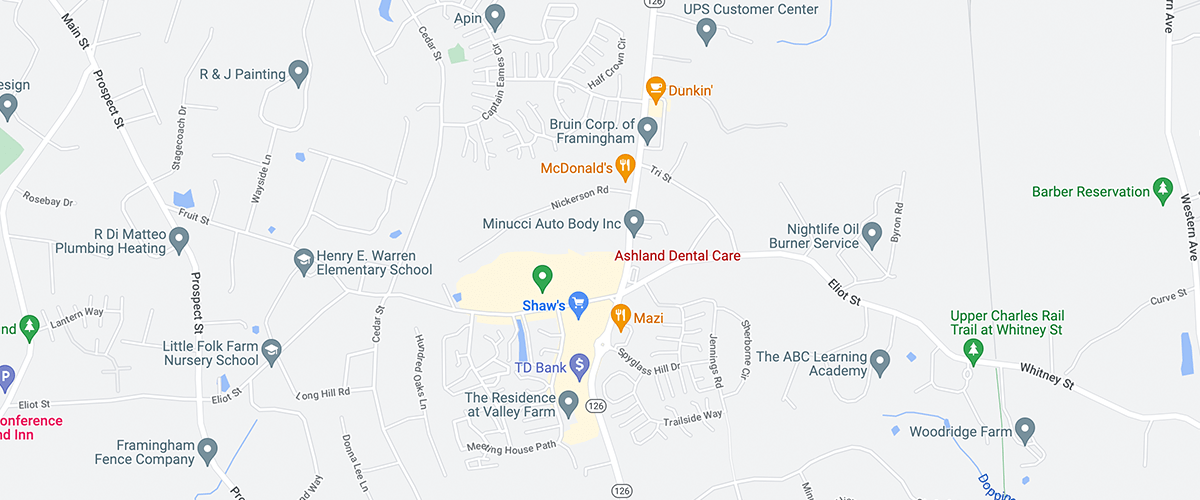Energy Drinks and Dental Health
December 8th, 2021

Are energy drinks bad for your teeth? Many of our patients at Ashland Dental Care ask us this question, so here’s the scoop.
Energy drinks have been on the rise, taking up more and more space on grocery store shelves. Drinks such as Red Bull, 5-Hour Energy, Monster Assault, Rockstar, and the like promise to jump-start your day, give you more energy, and help you feel more alert. But they also do a lot more than that. Turns out, they do a pretty good job of stripping your teeth of enamel, which is a very bad thing.
Many of these energy drinks are loaded with a lot of citric acid. In addition, they are laden with preservatives (not to mention sugar), not only to enhance flavor, but extend shelf life. While enamel loss, tooth decay, teeth sensitivity, and cavities cannot be blamed entirely on energy drinks (improper oral hygiene at home and lack of professional dental care also play a role), they can wreak havoc on the health of your teeth and gums, especially when consumed in more than moderation. Over time, energy drinks can strip enamel, which is the outer layer that protects your teeth.
What can you do?
Although our doctor and our team aren't recommending you drink energy drinks at all, if you must drink one occasionally, there are a few things you can do to minimize the damage to your teeth.
- Drink through a straw.
- Don’t hold the drink in your mouth before swallowing.
- Rinse your mouth with water immediately after drinking this kind of beverage. Water helps both to neutralize the acid and to increase the production of saliva.
- Chew sugar-free gum immediately after, to increase saliva production.
- Don’t brush your teeth right after drinking an energy drink. Wait at least an hour instead, because the combination of the acid and brushing will further damage tooth enamel.
The best advice is to refrain from drinking energy drinks altogether. One of the best hydrators is water. Water is a natural energy-booster and hydrator, and it doesn’t contain calories.
Give us a call today at our Ashland office if you have any questions or concerns about energy drinks and dental health. We can provide additional tips and a treatment plan to help reduce enamel loss, eliminate tooth sensitivity, and repair cavities and tooth decay as a result of drinking energy drinks.



